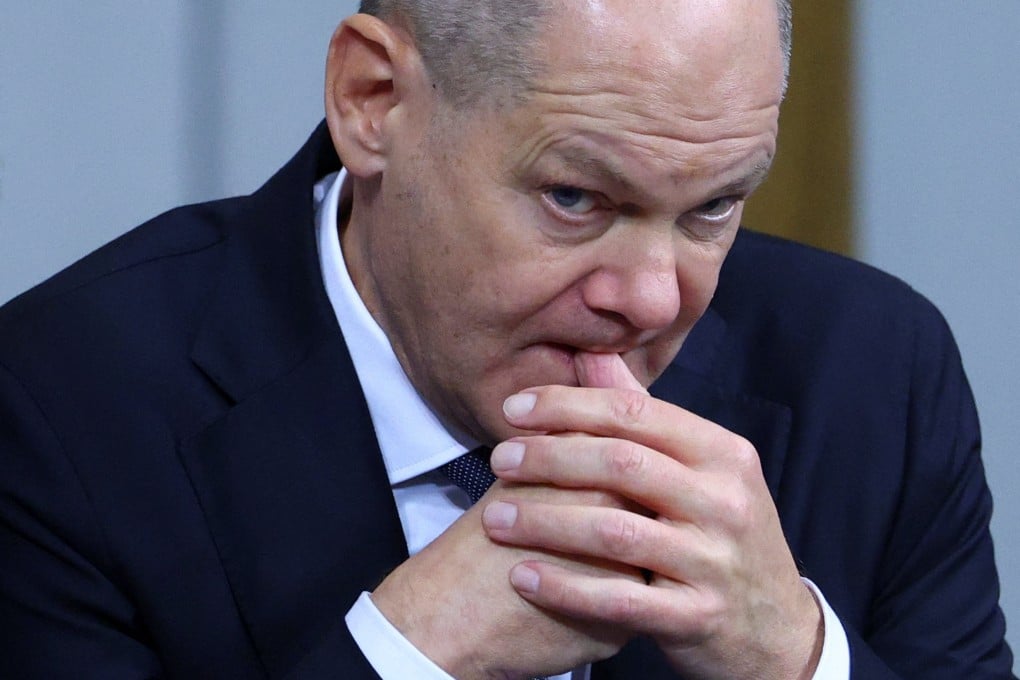Germany’s Scholz loses confidence vote, setting up an early election in February
Olaf Scholz remains interim chancellor as Europe’s biggest economy on the path to elections on February 23

Chancellor Olaf Scholz lost a confidence vote in the German parliament on Monday, putting the European Union’s most populous member and biggest economy on course to hold an early election in February.
Scholz won the support of 207 lawmakers in the 733-seat lower house, or Bundestag, while 394 voted against him and 116 abstained. That left him far short of the majority of 367 needed to win.
Scholz leads a minority government after his unpopular and notoriously rancorous three-party coalition collapsed on November 6 when he fired his finance minister in a dispute over how to revitalise Germany’s stagnant economy. Leaders of several major parties then agreed that a parliamentary election should be held on February 23, seven months earlier than originally planned.
The confidence vote was needed because post-World War II Germany’s constitution doesn’t allow the Bundestag to dissolve itself. Now President Frank-Walter Steinmeier has to decide whether to dissolve parliament and call an election.

Steinmeier has 21 days to make that decision – and, because of the planned timing of the election, is expected to do so after Christmas. Once parliament is dissolved, the election must be held within 60 days.
